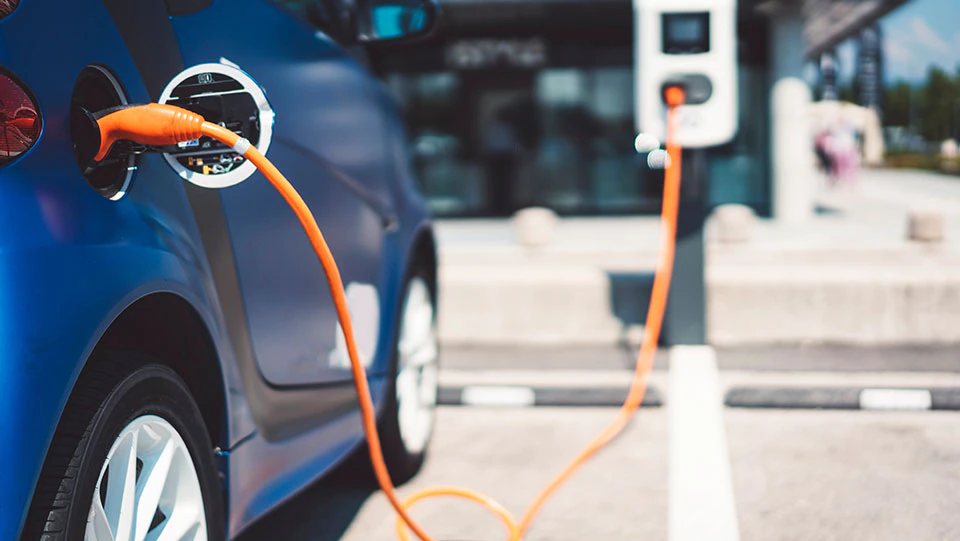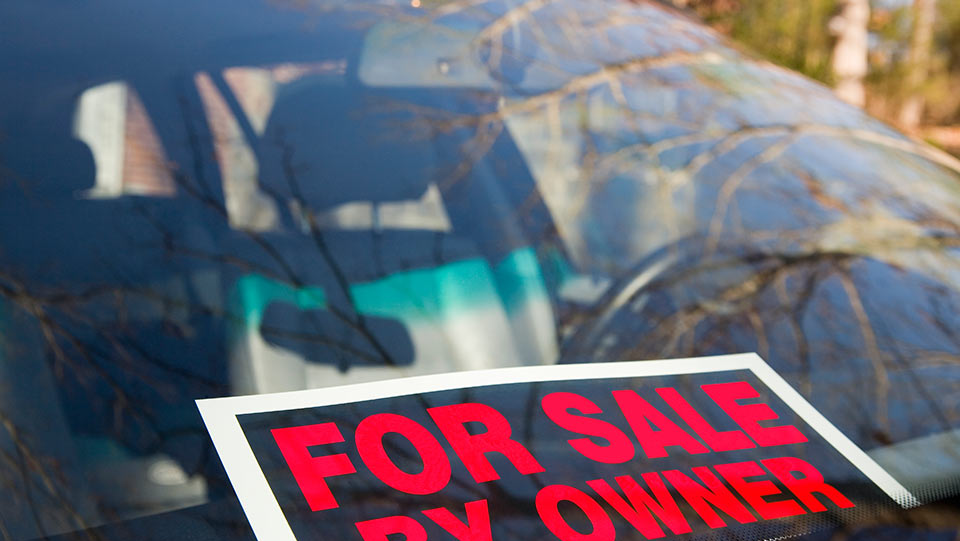Leasing vs. Buying a Car: Pros and Cons


It can be a tough choice deciding whether to lease or buy a car. Leasing a car means you’ll have lower monthly payments and you can typically drive a vehicle that may be more expensive than you could afford to buy. On the other hand, if you decide to buy a car, you’ll own it in the end, even if it means you’ll pay a higher monthly loan payment in the meantime. Perhaps the best way to decide is to understand the pros and cons of leasing vs. buying a car, how leasing a car works and what tips for leasing a car might help you get a good deal.
What is a car lease?
You may hear car leasing likened to leasing an apartment, and there are similarities between the two. When you lease a car or an apartment, you lease the property for a specific amount of time. You and the property owner have a mutual understanding that the assets will be returned in good condition.
Yet there are additional considerations for leasing a car that you will not have when leasing property. Many car lease agreements last two to three years and typically allow you to purchase the car at the end of the term. Car lease agreements limit the number of miles the vehicle can be driven annually, generally between 12,000 to 15,000 miles. If you exceed the agreed upon mileage, you may owe around 25 cents per extra mile.1
How to lease a car
If you’re thinking of leasing a car, review car dealership websites, then call or visit the dealership to inquire about lease specials and selections.
Typically, consumers looking to buy a car are interested in getting the lowest sale price. That price, combined with the annual percentage rate (APR) of the interest on the car loan as well as taxes on the vehicle, will be spread out over the course of a multiyear loan. However, since the term of the lease is typically shorter than a car loan term when leasing a car, you’ll likely want to seek the best overall lease price with the lowest possible payment that includes all taxes and fees.2
Shop at different dealerships before you select a car to lease, just as you would if you were buying a car.
Tip: Ask for all lease terms from each dealership in writing, so that you can compare all fees, prices and terms.
Pros of leasing a car
1. Higher-end vehicles
Some people choose to lease a car because it allows them to drive higher-end cars for a more affordable monthly payment. Plus, a two- to three-year car lease allows drivers to easily and frequently upgrade their rides.
2. Monetary perks
Of course, not everyone leases because they want luxury wheels. Lower down payments, warranties and free routine maintenance are among the benefits lease customers typically get when leasing a car.
3. Depreciation protection
Leasing helps protect you against unanticipated depreciation. If the market value of your car unexpectedly drops, your decision to lease will prove to be a wise financial move. If the leased car holds its value well, you can typically buy it at a good price at the end of the lease and keep it or decide to resell it.3
4. You can choose to buy a car at the end of the lease period
Some drivers fall in love with their leased cars and decide to buy them. Typically, you can buy the leased car at the end of the lease term. The price is generally the car’s residual value plus processing fees required by the manufacturer. Buying a leased car for less than its current market value could be a good financial move.
5. You may be able to transfer your lease to a new driver
If you decide that you don’t really love the car you’ve leased, you don’t have to be stuck with it. Just make sure your contract allows you to transfer the agreement to a new driver for the remainder of its term, before you sign the lease. One thing to note: Your financing company may charge you a lease transfer fee that could amount to several hundred dollars, but if you’d like the ability to opt out of a car you don’t want to keep, leasing can provide that option if you ask for it.
Cons of leasing a car
1. You don’t own the car
The obvious downside to leasing a car is that you don’t own the car at the end of the lease. That means you don't have a trade-in if you decide to purchase a car. Consumers who routinely lease cars over many years may end up paying more than they would if they had initially bought the car.
2. It might not save you money
Another thing to consider: You can break an auto lease, but it typically will cost you a hefty fee. Yes, you can sign a long-term lease, but that may negate the monetary benefits of leasing instead of buying a car.
That’s because leasing typically costs you more than what you might have taken out in a long-term car loan. Do the math to figure out if the numbers work in your favor to sign a long-term lease.
Similarly, some carmakers offer discounted leases to generate interest in their models. Be careful to read the fine print to make sure your savings isn’t offset by additional fees that the dealer may require. For example, the discounted price may not include the sales tax or various “drive-off” fees. Be skeptical of any deal that sounds too good to be true.
3. Leasing can be more complicated than buying
Buying a car is straightforward compared to leasing. When leasing a car, you are typically paying for the car’s lost value over the term of the agreement, plus a set of fees. Lease contracts can be complex. To find a good deal, study your contract carefully and ask questions about anything you don’t understand.
4. Leased cars are restricted to a limited number of miles
Every lease agreement has a stated number of miles you’re allowed to drive without paying a penalty. This limit typically is 12,000 to 15,000 miles.4 If you exceed your limit, you’ll be hit with an excess mileage penalty that can add up fast.
5. Increased insurance premiums
Typically, leasing a car does increase your insurance premiums because you are required to purchase full coverage to ensure there are sufficient funds available to repair the car in the event of an accident. The entity financing the vehicle typically requires this because they have a financial stake in the car.5 Full coverage includes collision coverage and comprehensive coverage. These not only provide coverage in the event of accidental damage, but also theft or vandalism, should the car be damaged during the term of your lease.
Another consideration is gap insurance, which covers the difference between the current value of your car versus the remaining balance owed. Many leased cars have this type of insurance factored into the cost.
Should I buy my leased car?
Just as you consider many factors when you lease a car, you should analyze the costs and benefits of buying the car at the end of the lease.
First, do you like the car? Do you enjoy driving it and does it suit your needs? That may seem like a funny question, but consider your lifestyle. If you leased a small, compact car so you can easily maneuver through traffic and are moving to a rural area where you may need a vehicle that has sturdier road-handling capabilities, you may find the compact car unsuitable for your new location. On the other hand, you may not want to drive a large SUV if you are moving to a congested urban area.
Are you happy with the car’s performance? How is the gas mileage? Is the car often in the shop for warranty work? Analyze how much the car’s upkeep will cost you if you do buy it.
If you decide you’d like to buy your leased car, look at the residual value. How much is the car worth and how much would you pay to get out of your lease before it expires?
There are various strategies to help save money when buying your leased car, including financing through your bank or working directly with the lender (the creditor that owns the car). If you decide to buy the leased car, explore all your options.
As with most personal financial decisions, the pros and cons of leasing a car come down to a host of factors. Analyze your needs and budget and then shop to make sure you make the right decision for you.
Talk to your local independent agent or Travelers representative to learn more about car insurance from Travelers.
Sources
1 https://www.autotrader.com/car-shopping/5-reasons-buying-your-leased-car-209158
2 https://www.edmunds.com/car-leasing/quick-guide-to-leasing-a-new-car.html
3 https://www.edmunds.com/car-buying/compare-the-costs-buying-vs-leasing-vs-buying-a-used-car.html
4 https://www.federalreserve.gov/pubs/leasing/resource/faq.htm
5 https://www.iii.org/article/insuring-leased-car



